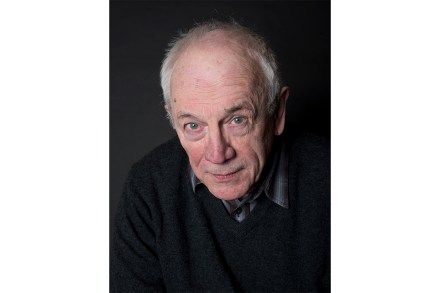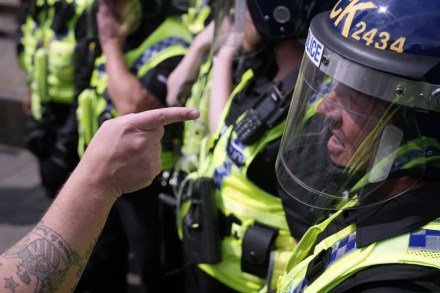A treasure chest of myths: The Poisoned King, by Katherine Rundell, reviewed
You wait ages for an intelligent, literate children’s book, then two come along at once. There’s Philip Pullman’s The Rose Field and Katherine Rundell’s The Poisoned King. Of the two, Rundell’s is easier on the wrist: 336 pages to Pullman’s 621. She is an accomplished writer, the author of a study of John Donne. A scholarly background is all to the good here, for she has a treasure chest of myths and stories to rummage in. Her Impossible Creatures series (of which The Poisoned King is the second) is based on an archipelago, Glimouria, which holds the endangered creatures of mythology. A map of the islands, in Tomislav Tomic’s illustration,




